
Tag Archives Vaccination

Antimicrobial use in beef to meet new pressures
Antimicrobial resistance in the Canadian beef sector is currently low, but experts warn that producers should be cautious of overuse

Biosecurity practices for horses
Horse Health: Infectious organisms are effective 'hitchhikers' so avoid sharing water buckets and equipment at shows

Manitoba Beef and Forage Inc. research projects have started
First-year projects include energy-dense forages, pasture species and rotational grazing practices
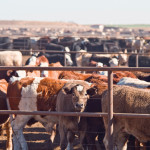
Preconditioned calves pay big dividends after decades
Preparing calves for the feedlot reduces antibiotic use and improves feed efficiency and animal health
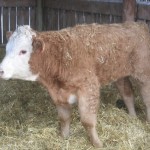
Beef 911: Watch for newer respiratory pathogens
Corona virus and B. trehalosi bacteria aren’t always easy to spot

Genetics tool sought for hogs
Breeding pigs to have better immune responses means using fewer antibiotics and other medications
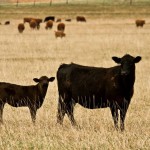
Beef 911: What you need to know about anthrax
There are outbreaks every few years, especially during drought, but there are ways to deal with this scary killer

Antimicrobial resistance in cattle means big changes coming
An alarming rise in resistance even has drug companies calling for producers to change their ways
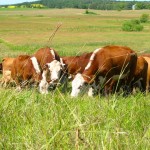
It’s prime time for anthrax, so keep a close eye on your cattle
Highly contagious, infectious soil-borne disease finds victims in grazing livestock
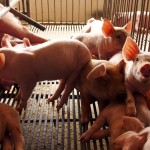
PED vaccine could aid in disease fight
Developers are waiting for approval to begin clinical trials


